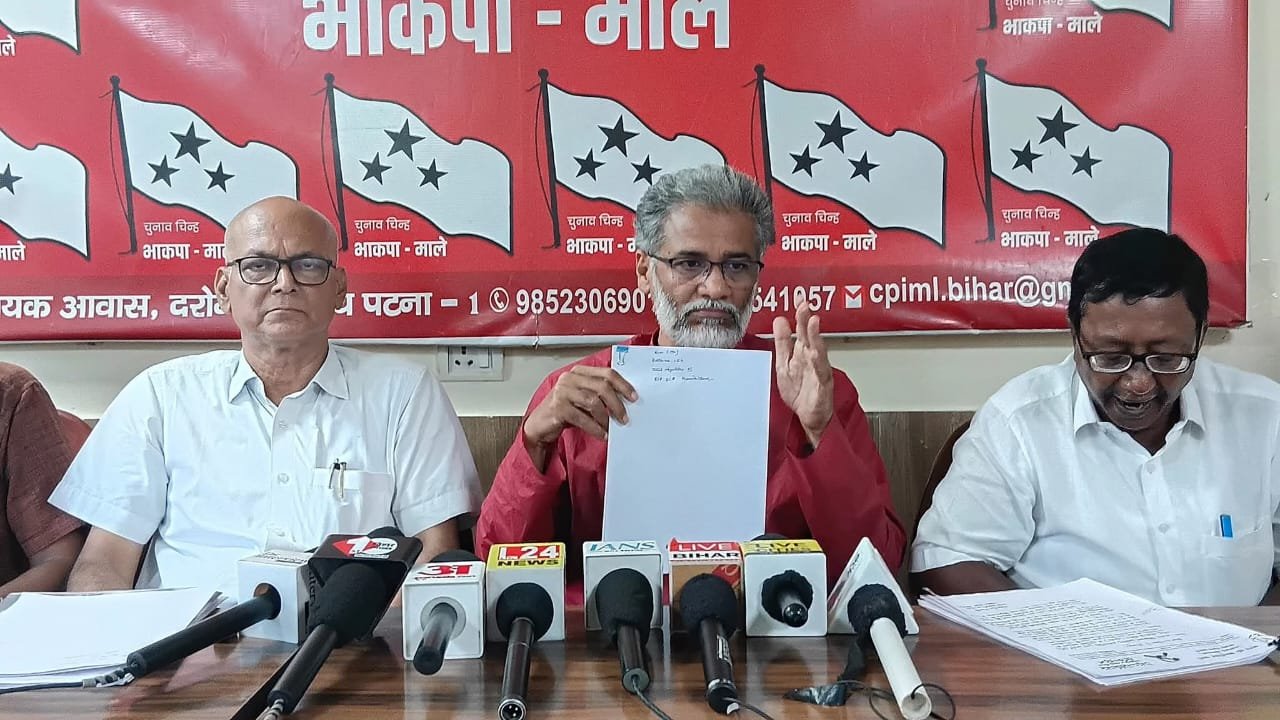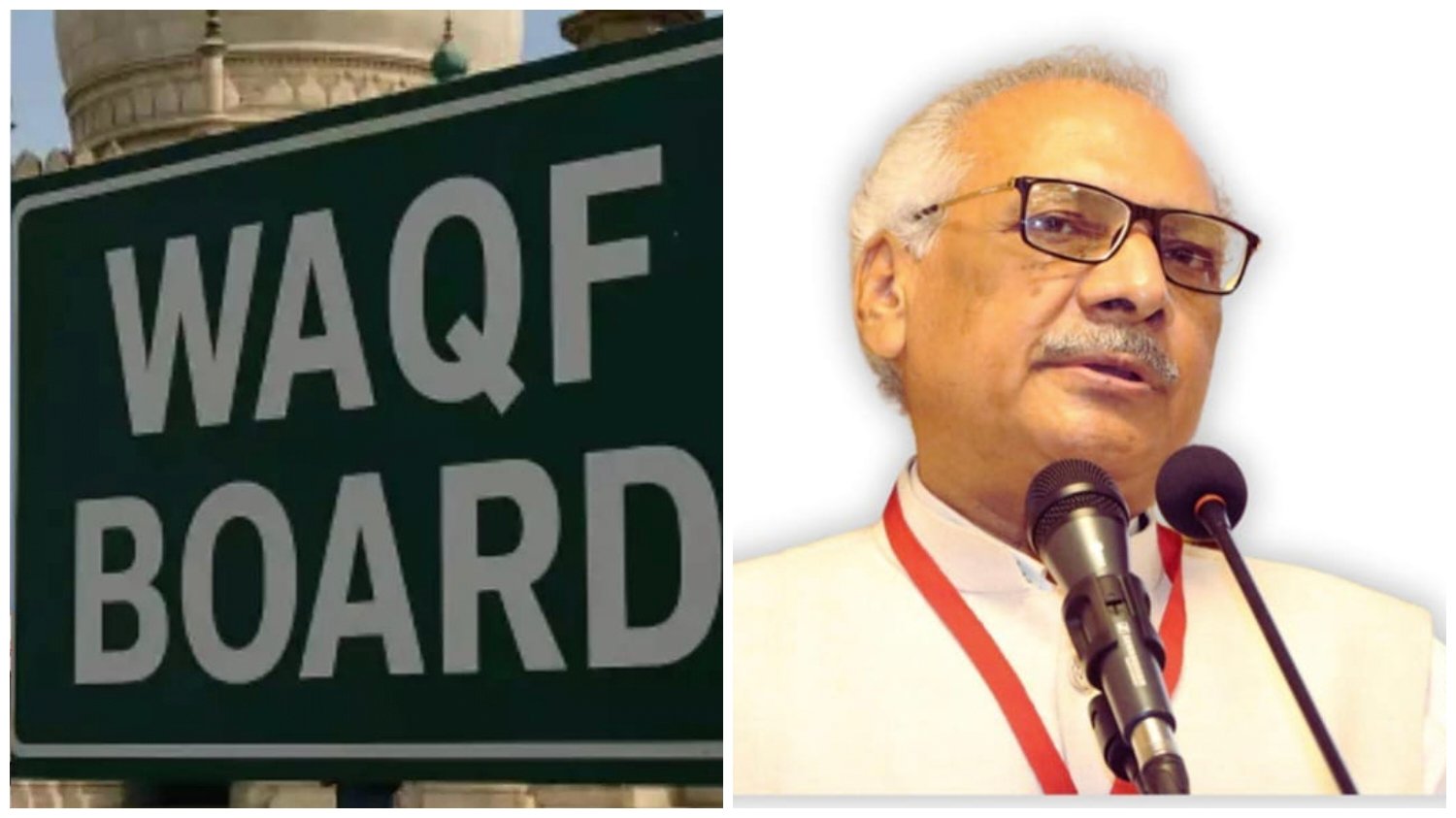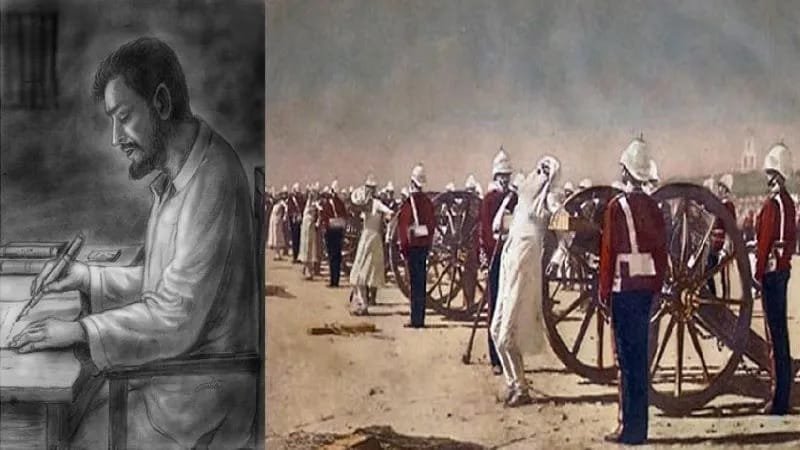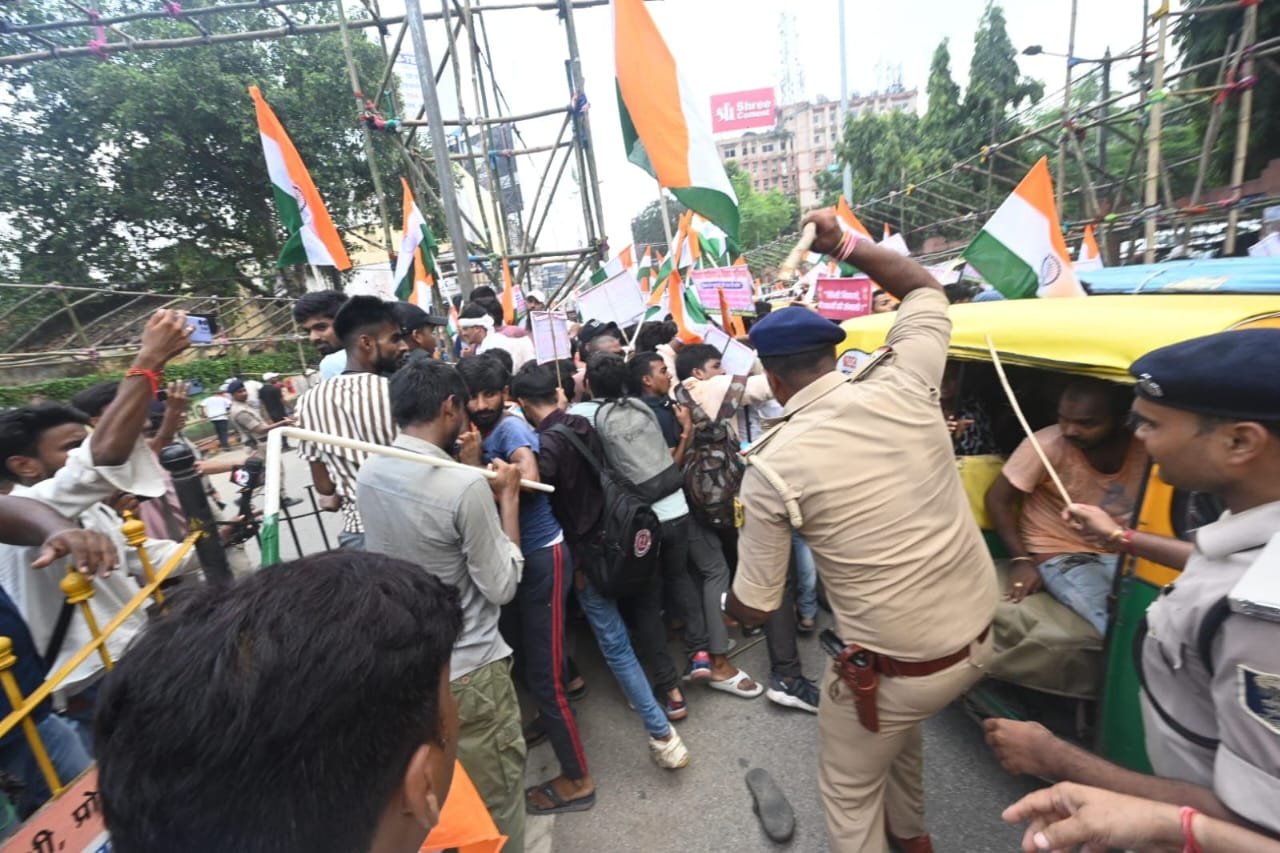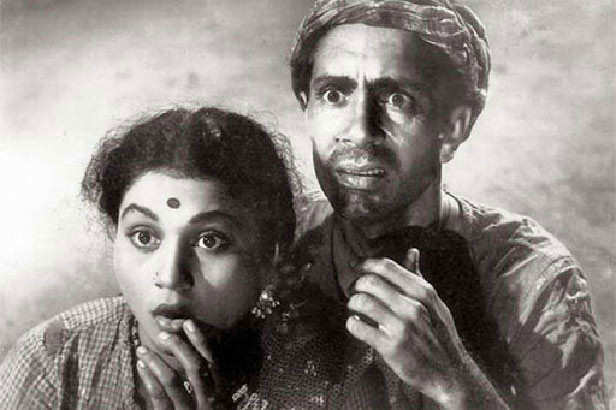
(Md Akmal Hoda/ Insaaf Times) Do Beegha Zameen is a timeless classic of Indian cinema, released in 1953. The film portrays the struggle of a farmer named Shambhu, played by the iconic actor Balraj Sahni, who owns only two acres of land. Thakur Harnam Singh, a wealthy landowner, wants to acquire Shambhu’s land for a factory project. However, Shambhu refuses to sell his land and instead takes a loan from Thakur to repay his debts.
When Shambhu fails to repay the loan on time, Thakur takes him to court and asks for his land in return. The court gives Shambhu three months to repay his debt, and with no other options left, he goes to Kolkata to find work and earn money.
The movie presents a heart-wrenching portrayal of the hardships faced by the poor and the powerless in a world dominated by the rich and the influential. The story is a reflection of the socio-economic and political conditions prevailing in India during the 1950s, when the country was grappling with issues of poverty, unemployment, and inequality.
One of the highlights of the film is Balraj Sahni’s portrayal of Shambhu, a character that was far removed from his real-life persona as an English-educated intellectual. It was a role that challenged the actor’s abilities, but he rose to the occasion and delivered a performance that is remembered to this day as one of the greatest in Indian cinema.
Do Beegha Zameen is also notable for its two different endings, both of which are equally powerful and thought-provoking. In the original ending, Shambhu manages to reclaim his land from Thakur, but at a great personal cost, as his wife dies of exhaustion after walking a long distance. The second ending shows Shambhu and his family watching helplessly as their land is transformed into a factory, a poignant reminder of the consequences of unchecked industrialization and urbanization.
The film’s impact was felt not just in India but also internationally, winning critical acclaim and numerous awards. Do Beegha Zameen won the Best Film Award at the first-ever Filmfare Awards ceremony held in 1954. The film also won the All India Certificate of Merit for Best Feature Film at the first National Film Awards ceremony in the same year. Internationally, the film was honored with the prestigious Prix International Prize at the 7th Cannes Film Festival in 1954.
Overall, Do Beegha Zameen remains a landmark film in the history of Indian cinema, a masterpiece that continues to resonate with audiences across generations. Its enduring appeal lies in its universal themes of social justice, human dignity, and the struggles of the underprivileged, which continue to be relevant even today.



